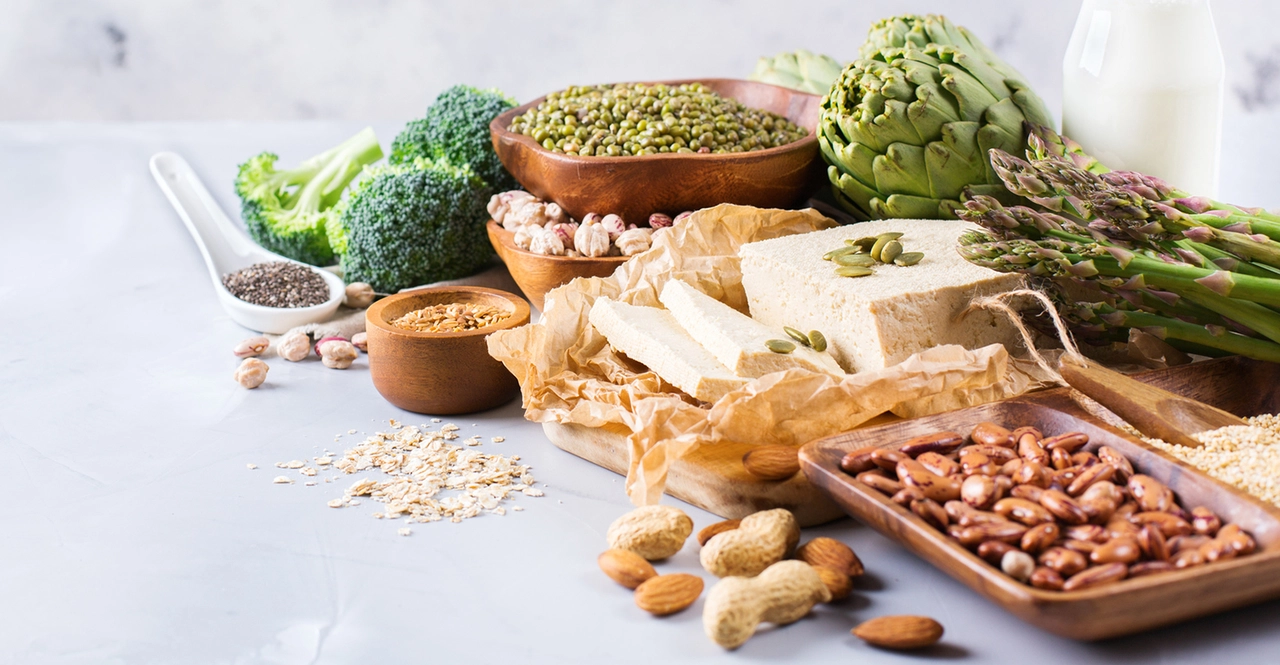Parsnips are not just a winter roast vegetable—they pack fiber, vitamin C, potassium, and plant compounds that can help digestion and nutrition. Parsnip supplements turn those benefits into easy powders, capsules, or extracts. If you want a simple way to add more fiber and nutrients to your diet, a parsnip supplement might be worth a look.
Most parsnip supplements focus on three things: fiber, vitamins, and mild antioxidant support. The fiber helps with regular bowel movements and keeps you feeling full longer, which can aid weight control. The vitamin C and minerals support immune function and electrolytes. Some products highlight prebiotic-type fibers that feed good gut bacteria, which may improve digestion over time.
People use parsnip supplements for different reasons: to boost daily fiber without changing meals, to add gentle nutrients during busy weeks, or to support a plant-forward diet. They’re usually gentler than concentrated stimulant laxatives and are a low-risk option for someone who needs extra fiber.
Pick a form that fits your routine. Powders mix into smoothies, soups, or yogurt and let you control the dose. Capsules are quick and mess-free. Extracts aim for specific compounds but can be pricier. Check the label for ingredient lists—pure parsnip powder or extract should be first, not fillers or lots of added sugars.
Look for third-party testing or clear manufacturing details like "Made in an FDA-registered facility" or GMP (Good Manufacturing Practice). That doesn’t guarantee perfection, but it reduces the chance of contamination or misleading labels. If the brand claims miracle cures, skip it. Parsnip supplements support nutrition; they don’t replace medicine.
Start small. If you try a parsnip powder, begin with half the recommended dose for a few days to see how your gut reacts. Extra fiber can cause gas, bloating, or loose stools at first. Drink more water when increasing fiber—your body needs fluid to move fiber through the gut.
Watch for allergies. Parsnips belong to the same plant family as carrots and celery, so if you react to those, be cautious. If you take blood sugar or blood pressure medications, talk to your doctor—added fiber and minerals can affect medication absorption or levels.
Storage and safety are simple: keep powders sealed in a cool, dry place and follow the expiration date. Pregnant or breastfeeding people should check with their healthcare provider before starting any new supplement.
If you want a practical next step, try a small jar of parsnip powder from a reputable brand and use it twice a week in smoothies. Track changes for two weeks—energy, digestion, and fullness are the main things to watch. If you like the effect, you can make it a regular part of your routine without overcomplicating things.

As a blogger, I recently stumbled upon the fascinating science behind parsnip supplements and their effectiveness as a dietary aid. It turns out, parsnips are packed with essential nutrients like vitamins, minerals, and fiber, which can help improve digestion and support overall health. Additionally, these humble root vegetables contain antioxidants that combat inflammation and disease. What really caught my attention was the presence of soluble fiber called inulin, which acts as a prebiotic, promoting healthy gut bacteria and aiding in weight management. In a nutshell, parsnip supplements are a natural and powerful dietary aid that can greatly impact our health and well-being.